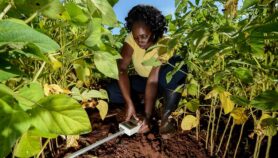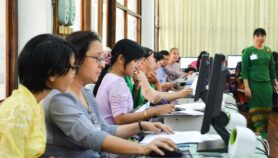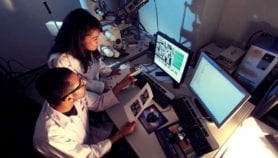By: Paula Leighton
Send to a friend
The details you provide on this page will not be used to send unsolicited email, and will not be sold to a 3rd party. See privacy policy.
The Pan American Health Organization (PAHO) has established a web-tutoring service for scientific writing.
The Collaborative Virtual Space aims to assist individuals and organizations — particularly those with limited experience — from Latin America and the Caribbean to submit quality abstracts, papers and posters to technical meetings and conferences.
"We want to support valuable research that is not well known because its authors — mostly young professionals and people with no formal training in biomedical or health sciences — do not have enough experience in the structure or logic of science for presenting papers," Rafael Mazín, PAHO’s regional advisor for HIV/AIDS Prevention and Comprehensive Care, told SciDev.Net.
The process has already assisted authors in developing abstracts for the 17th International AIDS Conference to be held in Mexico City in August.
Authors are tutored by a senior PAHO technical expert by email and in two online conferences, supported by PAHO’s office in the author’s country.
Twenty-four draft pieces of work were reviewed between the 6–15 February and the improved abstracts have now been submitted to the HIV conference.
The support includes proofreading for errors in English usage. Poor translations are often a weakness, making papers confusing or incomprehensible, says Mazín.
"In the next stage, we will support the preparation of oral presentations and posters," he adds. And further assistance will be provided in the future for preparing articles for peer-reviewed journals and for developing strategies for disseminating research findings.
A website with the necessary documents and links is also available for those who wish to tutor themselves.
Soledad Cartagena, a researcher in sexual health at the Chilean nongovernmental organisation Ikastola, considers this initiative highly valuable. "Latin American researchers, especially from non-scientific backgrounds, have poor insight into how to publish their research, particularly if this needs to be in English."
"Furthermore, less experienced researchers usually lack feedback about their work. So this programme could be a good way to give more visibility to research we are working on in the region, which often we wrongly don’t consider to be valuable enough."













